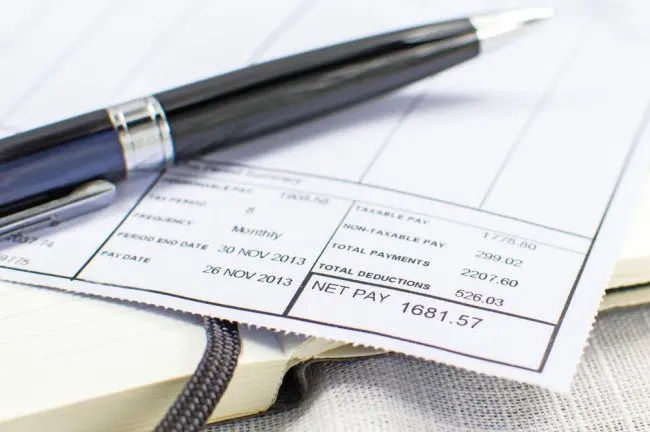The think tank said pay will stagnate in 2016, unless productivity is steady and inflation goes up quicker than expected. Their current estimate is a pay increase of just one per cent.
This would mark downward trend from 2015, which was the first time in seven years that real pay went up in Britain. It followed on from six consecutive years of stagnation.
CityAM reports that the lack of wage growth isn’t just tied to inflation and productivity, however – the report also lists other factors such as availability of staff as influencing factors.
Laura Gardiner, a senior policy analyst at Resolution Foundation, said that under current circumstances wages in Britain may not go up to pre-crash levels until the next decade.
“2015 marked the long-awaited return of rising real pay, following a six-year squeeze, but the recent pay rebound owed much to ultra-low inflation, which we’re unlikely to see again next year,” she said.
Pay growth in 2016 will ultimately be determined by whether the recent upturn in productivity is enough to offset rising inflation.
On the upside, strong output growth and prolonged low inflation could result in the highest level of real wage growth in over a decade. But equally, a failure to build on the early signs of a productivity recovery, combined with a swifter-than-expected return to target inflation, could send real wage growth tumbling to less than one per cent.
Such a scenario could mean typical pay not returning to its pre-crash level until the next decade.


